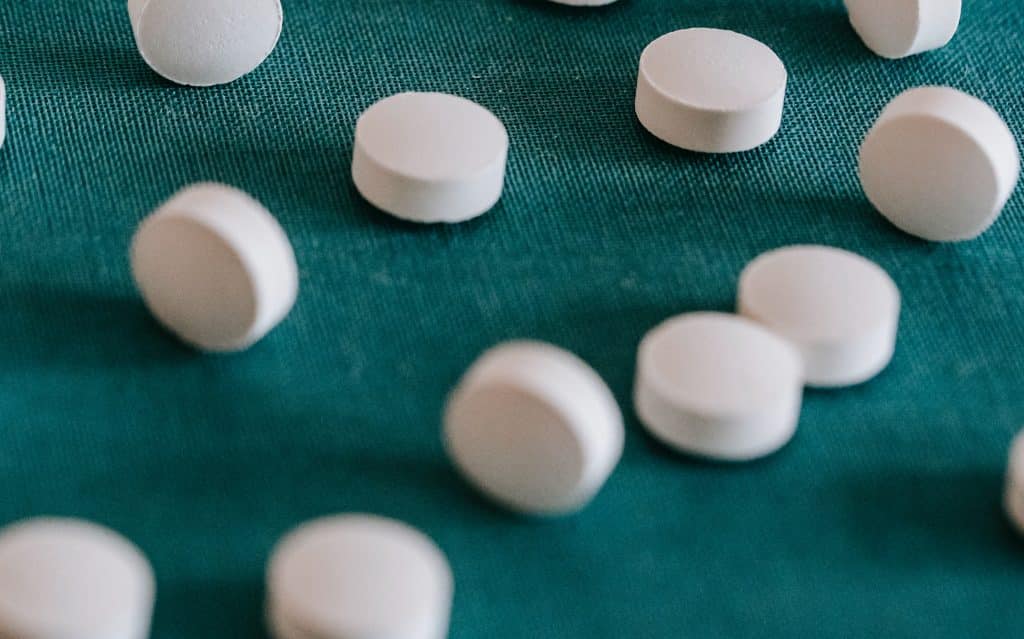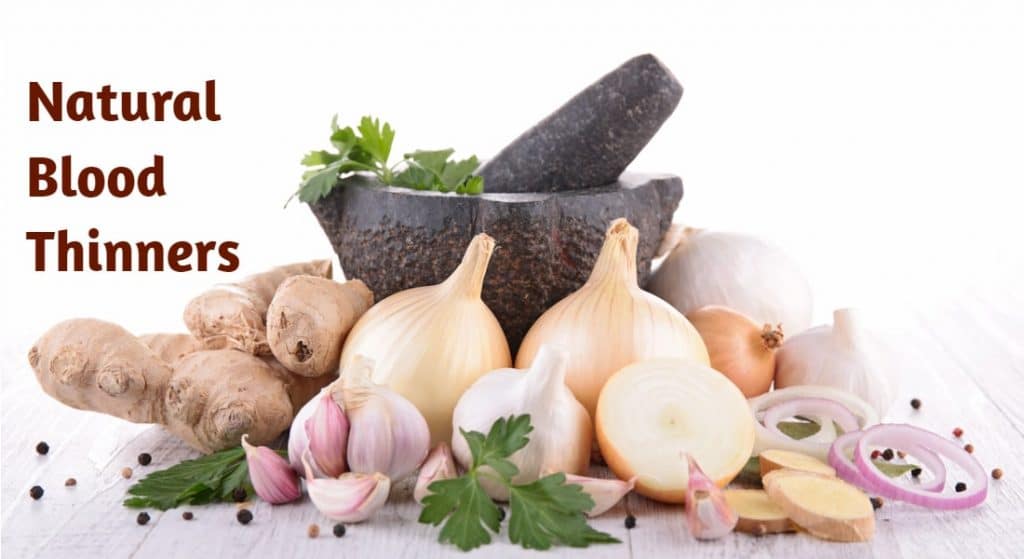If you’re at risk for stroke, heart disease, heart attack, or have had cardiovascular concerns or procedures in the past, a blood thinner may be able to help. Blood thinners are for those with heart diseases, risks, or those who have had mechanical heart valves, atrial fibrillation, or heart surgery as scarring can sometimes increase blood clotting.
While blood thinners are an excellent tool to help reduce blood clotting, thereby reducing the risk of heart attack and stroke, they can also pose a few risks and side effects. This is where natural blood thinners come in handy.
Natural blood thinners work as anticoagulants just like prescription blood thinners, but without some of the same side effects. Depending on your medical conditions and history, you may be able to make the switch to natural blood thinners. The concern then is how to make this switch. This guide has everything you need to know about how to make the switch to natural blood thinners and whether or not it’s right for you.

Why Make the Switch?
Blood thinners are one of the best ways to reduce your risk of heart attack and stroke, especially if you have preexisting cardiovascular disease or have had cardiovascular procedures done. However, medicinal blood thinners come with a few side effects and risks that can pose health issues for some.
In short, blood thinners help reduce the risk of thrombotic and embolic strokes, which are both types of ischemic strokes. A thrombotic stroke is when a blood clot blocks blood supply to the brian. These blood vessels inside the brain become clotted and result in a thrombotic stroke. This is typically seen in elderly people, or those who have higher cholesterol levels as lipids can build up and block blood supply as well. Thrombotic strokes often come after a series of mini strokes.
Embolic strokes, on the other hand, occur when blood clots form somewhere else in the body and travel to the brain via the bloodstream. The stroke occurs in the same place, but the cause of the stroke is different. There are no warning signs for embolic strokes, but those with atrial fibrillation have a higher risk.
So, why switch from medicinal blood thinners to natural blood thinners? While they serve to reduce thrombotic and embolic strokes, medicinal blood thinners often increase the risk for hemorrhagic stroke. A hemorrhagic stroke is when a blood vessel breaks and bleeds into the brain. This prevents the brain from getting the oxygen it needs to survive and function properly, leading to swelling and damage. This poses danger for many. Natural blood thinners are also an excellent way to continue taking supplements as medicinal blood thinners can react poorly with some vitamins like Vitamin E and aspirin.
Best Natural Blood Thinners
Luckily, natural blood thinners are a great way to continue reaping the benefits of blood thinners without the risks of hemorrhagic stroke. Here are a few examples of natural blood thinners that can help.

- Fish oil: Fish oil is an excellent natural blood thinner that can help when taken in doses of 2 to 3 grams each day.
- Vitamin E: Vitamin E in mixed tocopherol form can be taken as a natural blood thinner in doses of 100 to 200 IU each day.
- Garlic: Garlic is another natural blood thinner that can be taken in 1 to 2 grams a day. These work best in capsule form.
- Lumbrokinase: This natural blood thinner can be taken in doses of 20 mg a day.
- Nattokinase: Take 100 mg a day.
So, Who Should Switch?
Making the switch from prescription blood thinners to natural blood thinners isn’t for everyone. While it’s an excellent way to take care of your body and reduce stroke risks, some people simply need prescription blood thinners. For instance, those with mechanical heart valves and recurring atrial fibrillation need medicinal blood thinners. Those who have had an embolic stroke also need a medicinal blood thinner. If you fall into this category, taking Coumadin is one of the best medicinal blood thinners.
Those with lone atrial fibrillation that is non-recurring can switch to natural blood thinners, as with those who have a healthy heart and have a low risk of blood clots. Never switch from medicinal, prescription blood thinners to natural blood thinners without first consulting your doctor. Be sure you understand how to take natural blood thinners or aspirin if you can’t take prescription blood thinners.














Leave a Reply